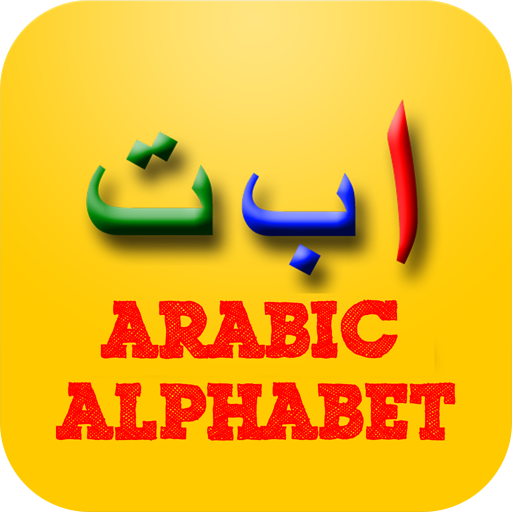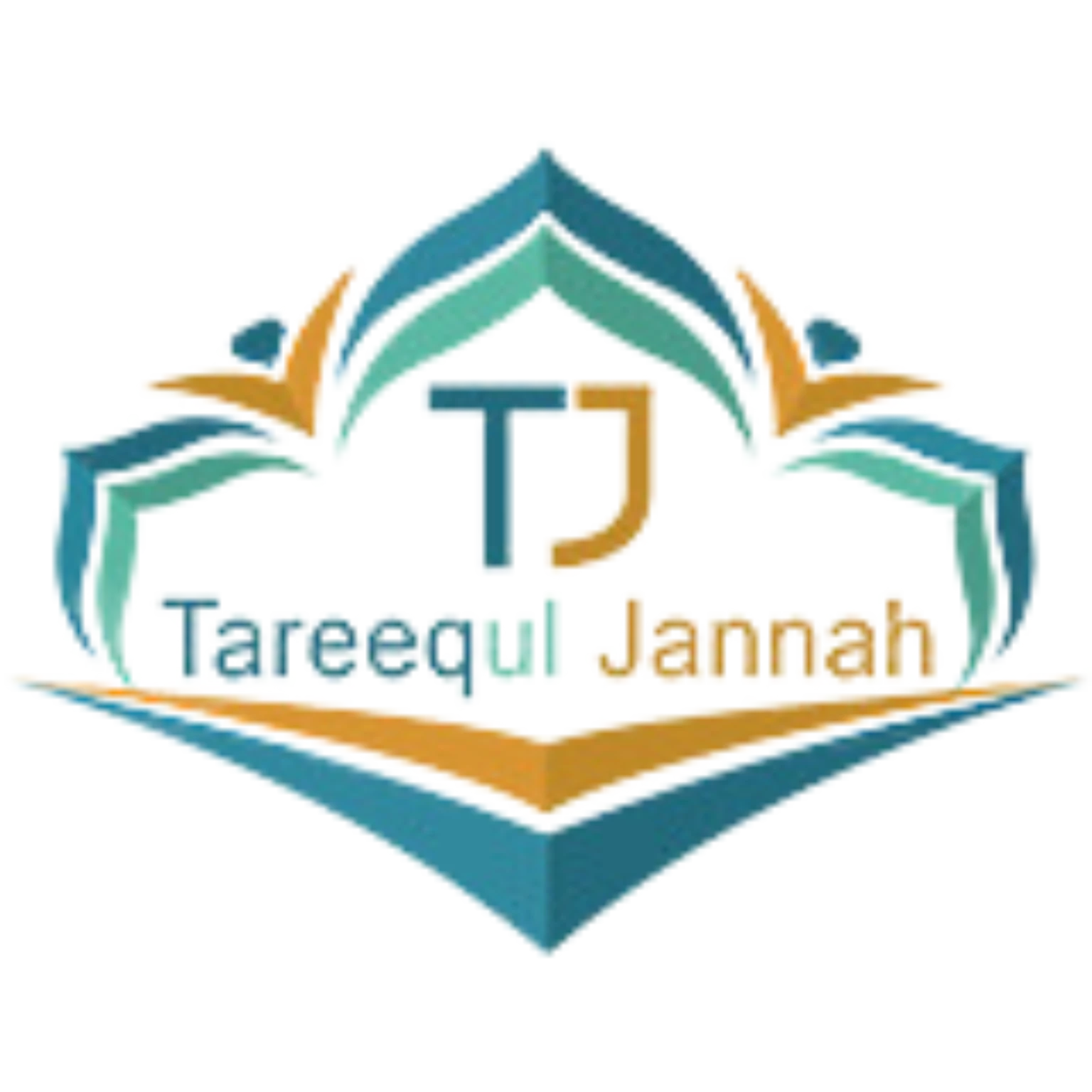In today’s globalized world, getting certified Arabic writing course is a must as strong writing skills in Arabic can translate to career prospects far beyond the classroom.
If you envision a career in diplomacy, intelligence, academia, translation, or international trade, mastery of written Arabic is more than a language goal, more of a career advantage.
While conversational mastery or reading ability are common achievements for many students, professional-level Arabic writing is a rare and valued skill, especially in the American market, where technical correctness, formality, and cultural sensitivity define excellence.
The Essential Curriculum: Mastering Professional and Academic Arabic Composition
Good Arabic writing isn’t having vocabulary, it’s creating true, lovely, and culturally appropriate sentences that prove both clarity and authority. Professionally certified Arabic writing course provides an organized syllabus that makes intermediate students strong professional writers.
Whether you’re writing academic essays, official reports, or business letters, a quality writing course will teach you about the mechanics, style, and formality required of each scenario.
The following should be included in an effective Arabic writing course:
Advanced Written Accuracy Grammar and Morphology
Grammar forms the foundation of effective Arabic writing. While most students are good with oral language, they lack confidence in writing complex sentences correctly. Professional writing courses focus on filling these loopholes through structured grammar and morphology lessons.
Common Traps:
Confusing grammatical gender and case endings.
Misplacing the Hamza (ء) or incorrect use of the same in the middle and end of words.
Swapping pronunciation in similar-sounding silent letters in words.
Mastery Goals:
Acquire the ability to identify and correct grammatical, morphological, and spelling errors common in professional writings in Arabic.
Apply higher-level rules of derivation and inflection (صرف ونحو) to attain precision in reports, essays, and letters.
Master the linguistic logic of letter addition and subtraction, refining spelling precision and word construction.
Tareequl Jannah’s certified Arabic writing course include whole modules dedicated to improving grammar, enabling students to write confidently and precisely in Modern Standard Arabic (MSA).
Formal Business and Report Writing
Professional Arabic writing is formal compared to informal writing. Training programs teach students official report writing, business correspondence, and institutional communication according to Arabic technical conventions.
Key Areas of Acquisition:
Discrimination between official and informal reports and between periodical and non-periodical documents.
Writing professional emails, proposals, and meeting minutes with due deliberation and resolution terminology.
Developing an eloquent tone that reflects clarity, respect, and purpose, required in government and business settings.
These skills are particularly valuable to students who aspire to be employed in diplomatic offices or translation offices, where Arabic written precision is a priority.
Through Tareequl Jannah’s structured certified Arabic writing course, students acquire first-hand experience in writing official documents, ensuring each word reflects linguistic as well as cultural elegance.
Punctuation, Proofreading, and Stylistics (Aesthetics)
Even the best students of the Arabic language lean towards omitting punctuation and stylistic touches, which are essential to producing professional-level work. Licensed courses include proofreading and stylistic refinement to allow writers to achieve fluency that reads well and sounds natural.
Key Area of Focus:
Arabic punctuation rules: Knowing how to decide when and how to use commas, colons, and quotation marks in Arabic (which are dissimilar from English usage).
Skills of proofing: Deleting, adding, or replacing words with exact precision without altering tone and coherence.
Styles of aesthetics: Producing rhythm, flow, and harmony, the “art” of formal Arabic composition known as Jamalīyat al-Kitābah (جماليات الكتابة).
This stage transforms writing from good only as far as it is accurate into vibrant and culturally familiar making your ideas shine within working and academic communities.
At Tareequl Jannah Academy, learners receive personalized feedback for their writing so they can refine grammar, style, and flow, ensuring each written piece reflects true Arabic eloquence.
Choosing Your Learning Path: Online vs. Blended Models
With hectic schedules and limitless tasks in this world, choosing the right Arabic writing program is really all about when and how you are able to learn. The good news? Students today have a variety of flexible online and hybrid options to choose from based on their goals, budget, and learning style.
Whether you like the format of a university-credited certificate or the freedom of a specialized online academy, knowing your way is the key to long-term success.
Online, Self-Study Solutions
certified Arabic writing course online are becoming increasingly popular among career professionals, university students, and those with multiple responsibilities. These courses allow students to view course materials, do assignments, and engage with instructors entirely online.
Benefits
Ultimate flexibility: Study anytime, anywhere, with 24-hour access to lectures and exercises.
Affordable tuition: Lower costs than in-person university programs.
Tailored pacing: Perfect for self-motivated learners who prefer to progress at their own speed.
Cons:
Limited face-to-face feedback (though many academies now offer live office hours or video reviews).
Certificates are often skills-based, not university credit-bearing.
That said, skill-based certification can be more practically valuable for learners focused on real-world application rather than academic transfer.
Tareequl Jannah Academy offers fully online Arabic grammar and writing courses specifically for busy students. With interactive lessons, private instructor feedback, and easy certification paths, it’s a great alternative to those who want to gain verified writing capabilities without the framework of university enrollment.
University-Based Online/Hybrid Certificates
For learners aiming for academic credit or future degree programs, many accredited universities offer online or hybrid certificates in the Arabic study.
Pros
Institutional accreditation: Universally accepted by universities, government ministries, and companies.
Transferable credits and transcripts: Optimal for students planning to study for an MA or BA in Arabic Studies.
Formal schedule: Scheduled class times for consistency and responsibility.
Cons:
Less cost-effective than specialized academies.
Fixed term schedules with less personal choice.
Typically requires intermediate or advanced level of Arabic language proficiency to access upper-level writing classes.
While such programs are ideal for students who are mainly interested in academic development, they may not be ideal for those who desire immediate application of skills or flexibility.
Such is the reason why most students prefer a hybrid approach, taking university Arabic credits as well as supplementing them with particular online writing courses like Tareequl Jannah that provide ample practice in writing and certification against professional standards.
Tip: If you’re looking for professional writing proficiency (career, teaching, or personal skills) start with a certified Arabic writing course that enforces your writing fundamentals, followed by proficiency tests such as ACTFL or ALPT.
Get started today with Tareequl Jannah’s Certified Arabic Writing Programs, specially designed to empower you to write Arabic accurately, confidently, and with cultural richness.
How long will it take to master literary Arabic to study the Quran?
Mastering literary or Quranic Arabic requires time, consistency, and a strong foundation in grammar (nahw) and morphology (sarf). While conversational Arabic can be learned in months, achieving mastery in classical and Quranic writing typically takes several years of guided study, focusing on syntax, root patterns, and rhetorical style.
For structured, step-by-step progress, Tareequl Jannah Academy offers online Arabic classes that bridge the gap between Quranic literacy and Modern Standard Arabic (MSA), allowing students to grow both spiritually and linguistically.
If you’re not pursuing a degree but want professional recognition, skill-based certification programs like those at Tareequl Jannah Academy are ideal alternatives. They emphasize practical writing proficiency, formal correspondence, and stylistic fluency, skills that immediately enhance your professional profile.
What are the main benefits of learning Arabic online with certified instructors?
Learning Arabic online with certified instructors combines flexibility with academic depth. You’ll gain:
Structured lessons covering grammar, composition, and stylistics.
Personalized instructor feedback to refine accuracy and fluency.
Internationally recognized certification for career or academic advancement.
Native speaker access to natural linguistic and cultural comprehension.
Tareequl Jannah’s certified Arabic writing course is just the right balance, interactive classes, feedback by seasoned instructors, and certification that attests to your writing ability to universities and employers alike.
If you’re ready to move beyond fluency and begin writing Arabic with confidence, clarity, and elegance, the next step is simple, enroll in a certified online course that meets global proficiency standards.



